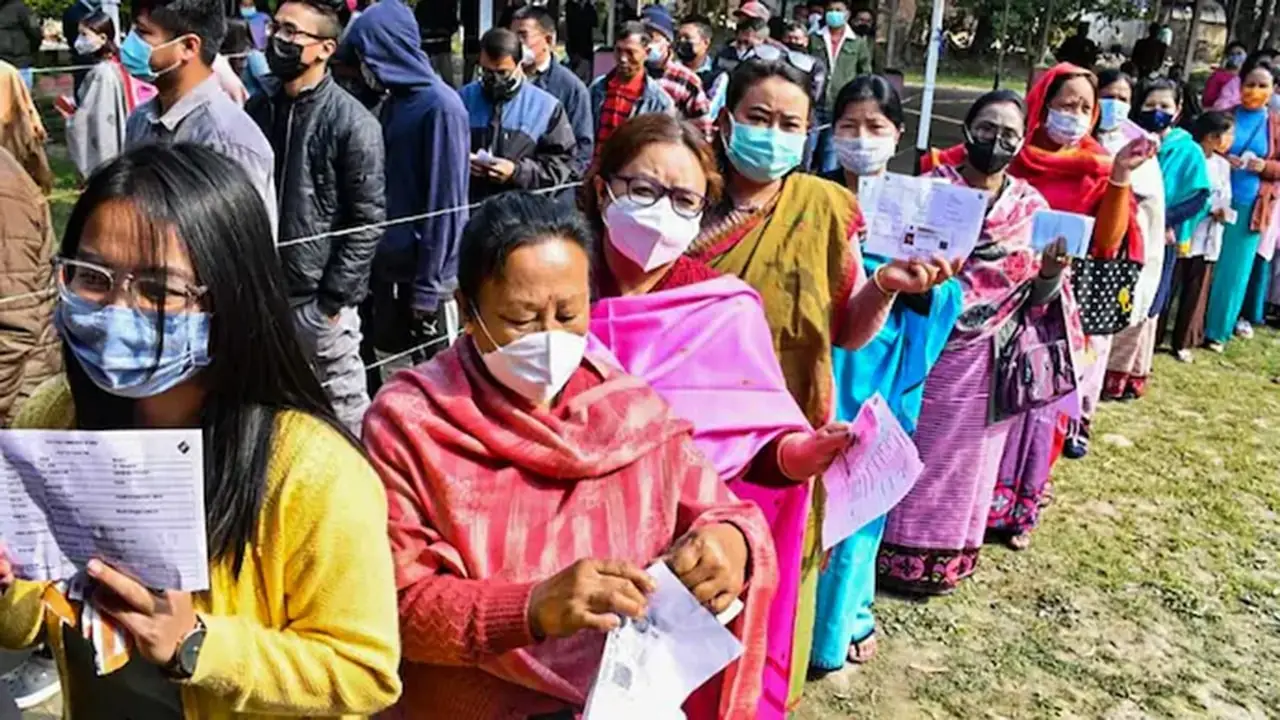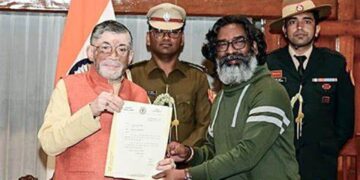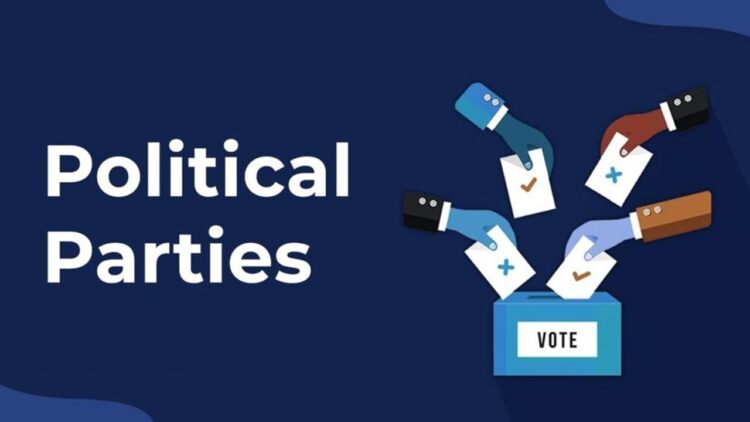As defined under Section 135A of the Representation of People Act, 1951, Booth capturing is a highly condemnable and corrupt practice in electoral processes. It involves the illegal seizure of polling booths by individuals, often associated with political parties or hired criminals, who resort to threats, violence, or coercion to manipulate the voting process. These corrupt actors may intimidate voters, prevent legitimate voters from reaching the polling station, and even cast false votes on behalf of others.
Such corrupt actions not only undermine the democratic principles of free and fair elections but also erode the trust of citizens in the electoral process. Booth capturing distorts the accurate representation of people’s voices and choices, leading to outcomes that do not reflect the genuine will of the electorate. Therefore, strict enforcement of laws against corrupt practices like booth capturing is essential to uphold the integrity and credibility of democratic elections.
Thousands of Voters Allege Corrupt Booth Capturing in Imphal, Highlighting Concerns Over Electoral Integrity

Read Also: ICICI Bank Takes Action: 17,000 Credit Cards Blocked – Here’s Why
The first phase of voting in Manipur’s 38 Assembly constituencies was marred by reports of violent clashes, alleged booth capturing, and heated arguments, highlighting concerns about corrupt practices in the electoral process. The Election Commission took swift action by ordering repolling at the New Keithelmanbi polling station in Kangpokpi district following allegations of booth capturing that disrupted voting.
Security forces had to resort to firing blank rounds to control the crowd at the affected polling station. The situation escalated after the Congress accused the BJP of attempting to capture the booth, leading to a brief disruption in voting. Thankfully, normalcy was restored, and voting resumed without any injuries reported. However, these incidents underscore the importance of vigilance against corrupt practices during elections to ensure fair and transparent democratic processes.
Articles 81 and 170 of the Constitution of India establish the upper limits for the number of seats in Parliament and the Legislative Assemblies of States, respectively. Similarly, Article 171 sets the maximum and minimum seats in the Legislative Council of a State. These constitutional provisions aim to ensure proportional representation and fair distribution of seats among constituencies based on population and other factors, thereby upholding the democratic principles of equal representation.
However, corrupt practices and manipulations can occur when implementing these provisions despite these constitutional safeguards. For instance, gerrymandering, which involves manipulating the boundaries of electoral constituencies to favor a particular political party or group, is a form of corruption that can distort the representation of people’s choices. Similarly, attempts to influence the allocation of seats through unlawful means or by exerting undue influence on electoral authorities can undermine the integrity of the electoral process and erode public trust in democratic institutions.
Booth capturing, as defined under Section 135A of the Representation of People Act, 1951 (RPA), is a prime example of corrupt electoral practices. This illicit activity involves members of a political party or hired criminals seizing control of polling booths to cast false votes. They achieve this through threats, coercion, or by obstructing legitimate voters from accessing polling stations. Such corrupt actions violate the fundamental principles of free and fair elections and undermine the democratic process by distorting the true expression of voters’ choices.
The corrupt nature of booth capturing lies in its blatant disregard for ethical conduct and the rule of law. It subverts the electoral process, manipulates outcomes, and erodes public confidence in democratic institutions. The RPA’s inclusion of provisions against booth capturing reflects the legislature’s recognition of this corrupt practice and the necessity to combat it to safeguard the integrity of elections. Effective enforcement of anti-corruption measures and vigilance by electoral authorities are essential to prevent and address instances of booth capturing, ensuring that elections remain a fair and transparent reflection of the electorate’s will.
To get more out of our exclusive news, Join us on our WhatsApp Channel, Facebook, and Instagram.















